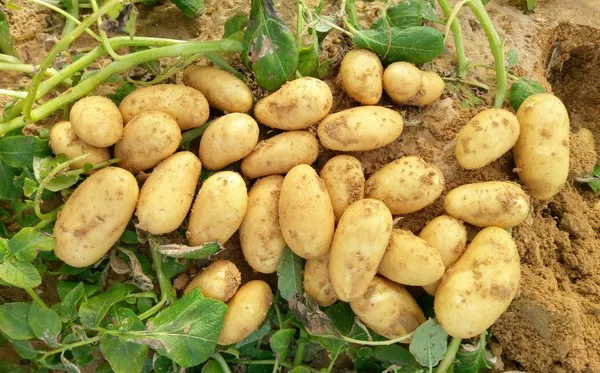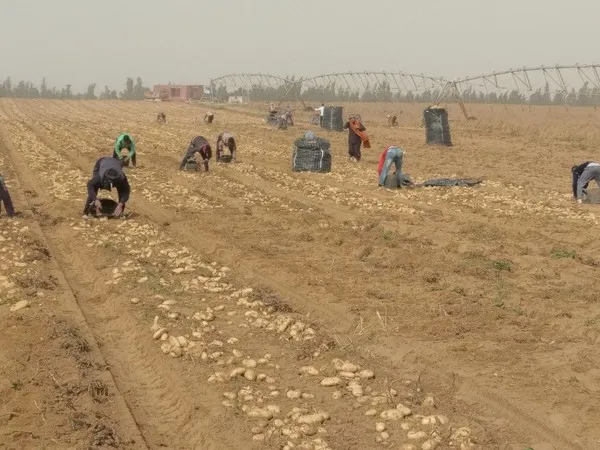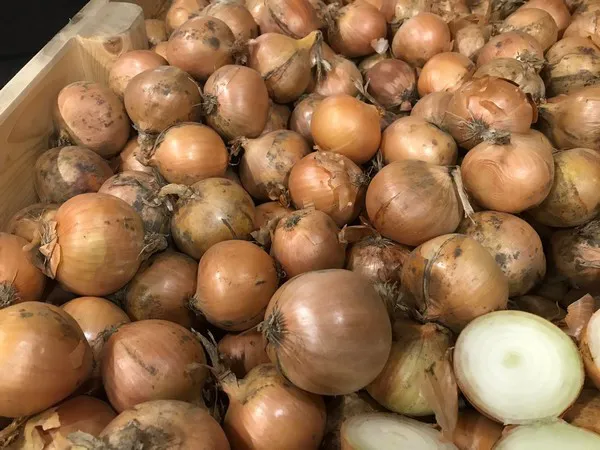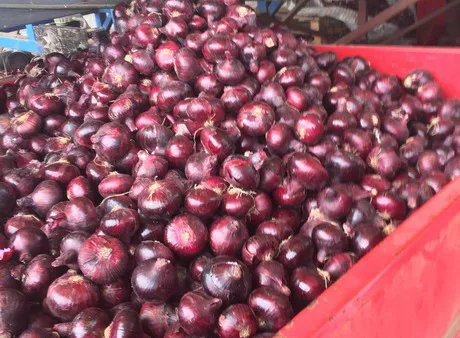The season for imported potatoes does not really start until mid-February, but nevertheless people are already looking forward to next year, says Jan Preiss of the agricultural trade firm of the same name, located in Ebstorf. "Before that, there will only be a few smaller volumes from Cyprus for the Christmas business."

Potato imports for the European retail trade usually begin in mid-February with a focus on goods from Egypt and partly also Morocco, followed by Israel at the end of March and Spain as a notable supplier from the beginning of May, according to Preis. "We had an average potato harvest in Europe in 2019, so the demand for imported goods is likely to be lower in 2020. The heat, drought and extremely low harvests in 2018 had caused an exceptional situation on the European potato market in the first half of 2019."
The import sector is cautiously optimistic because there were isolated weather problems again this year: "We also cannot assess the storage quality of the domestic harvest at this point in time, but it will certainly not be as good as in a balanced vegetation year".

The rest can not yet be estimated, Preiss knows: "Retail makes many of these decisions spontaneously and so we cannot work with fixed agreements regarding the volumes. We can orient ourselves to the daily requirements. We are therefore preparing ourselves to the extent that we have the prerequisites for a broad range of offers and can therefore serve all enquiries."

This uncertainty about the market is repeated every year - with the exception of import year 2019: "It was clear that there would be too few products in Europe and imports would be necessary. But we always have a certain expectation regarding our regular customers and therefore also approximate plan sizes".
Onion export to Asia
At the moment the onion market is particularly noticeable to Preiss: "There is currently a large demand for European onions from India, Bangladesh and Sri Lanka. These countries traditionally covered their onion needs with Indian produce, but export restrictions are currently in place to keep domestic prices down. Accordingly, there is a great demand for goods from Egypt and the Netherlands. "This is an exciting market situation that we don't see every day."

As the alternatives are scarce and demand relatively large, prices rise high and fast, according to the dealer. "The total logistics costs of delivery to India, Bangladesh or Sri Lanka are of course particularly high, so it is questionable how long these countries will be able to pay the high prices for the goods. Container availability is also not guaranteed to this extent at all. Until then, of course, the situation is advantageous for European exporters."
For more information:
Jan Preiss
Preiss Agrar, Handel & Beratung e.K.
Brüggerfeld 36
D-29574 Ebstorf
Tel: +49 5822 947483
E-Mail: info@preissagrar.eu
Web: www.preissagrar.eu
